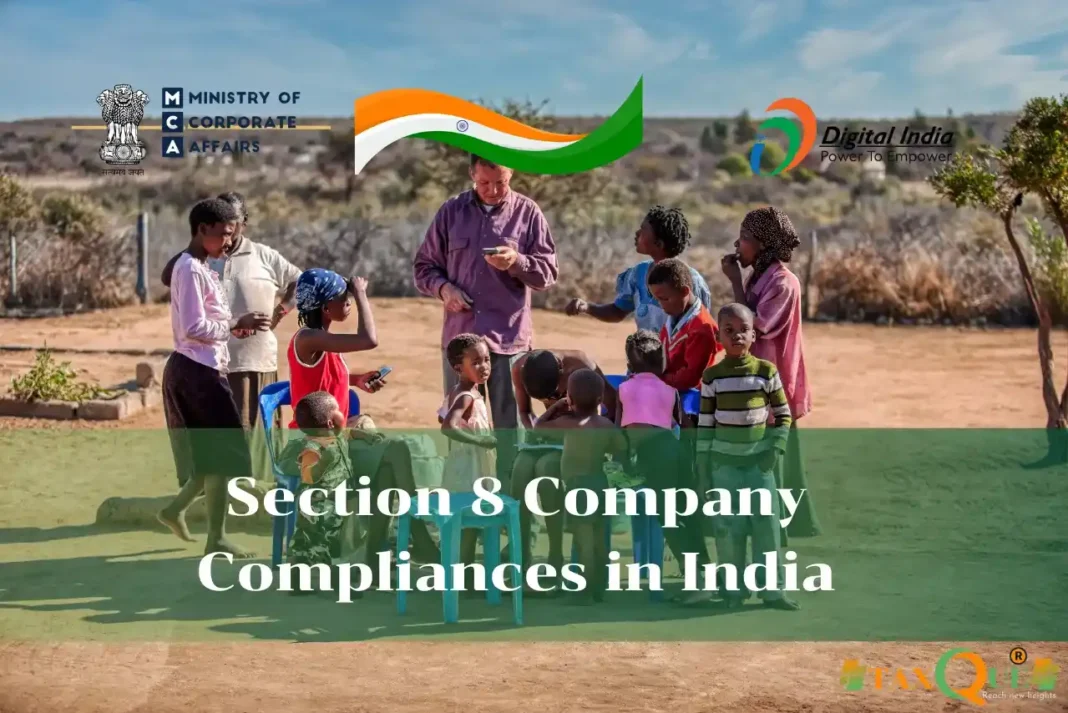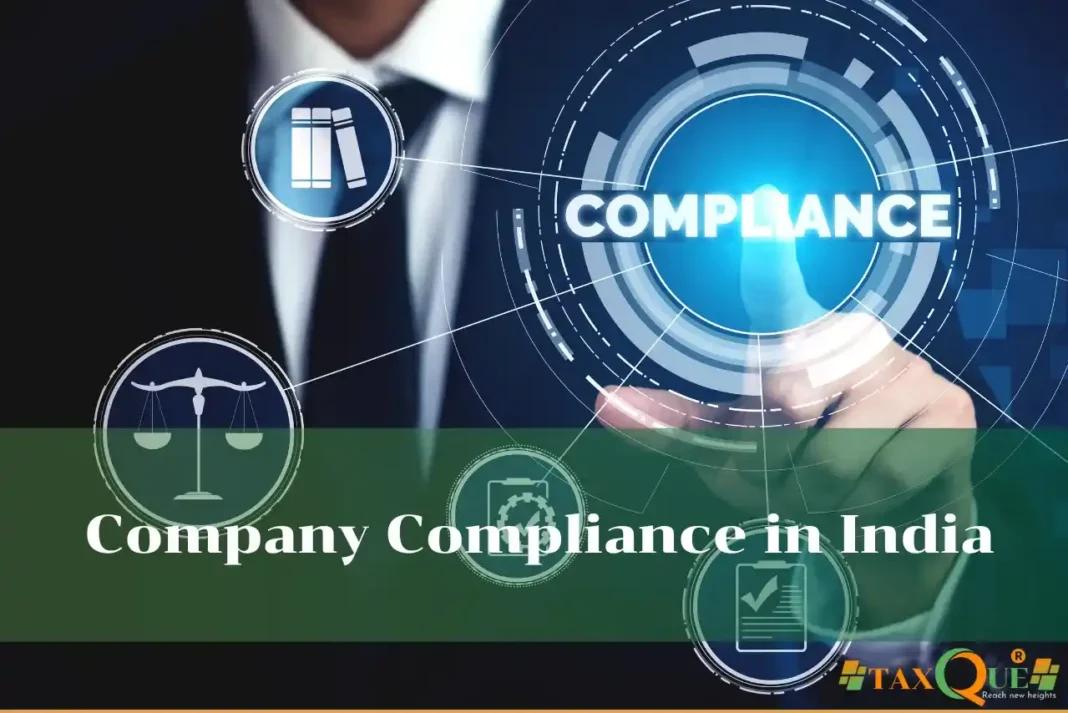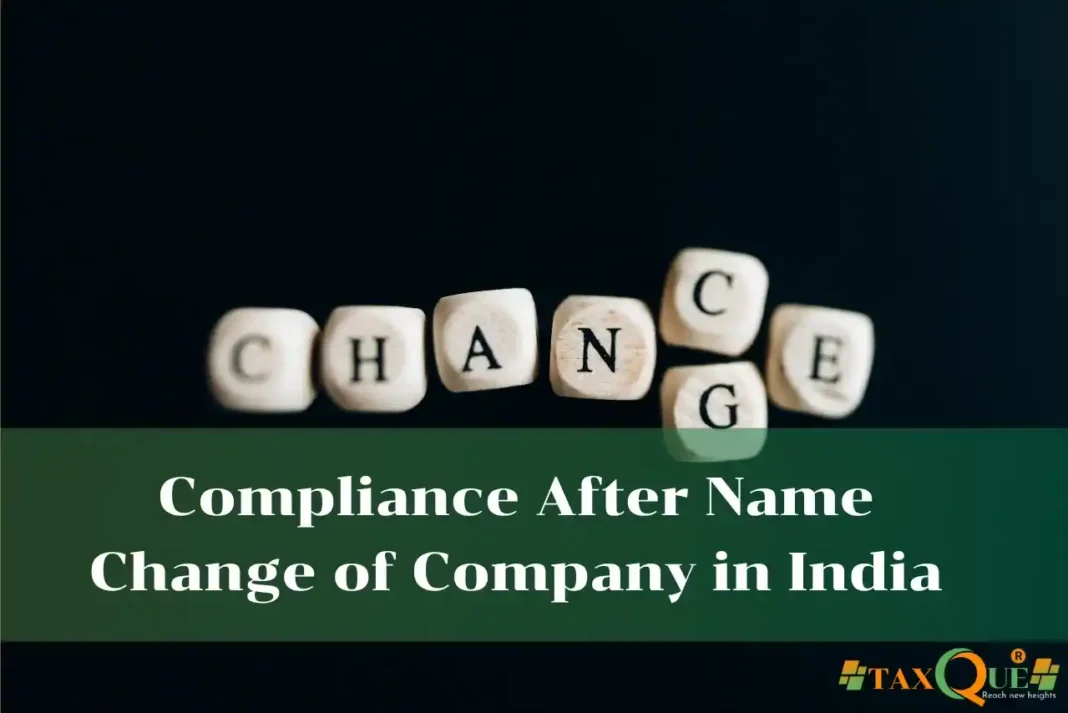Introduction
Section 8 company compliances are mandatory for non-profit companies registered under Section 8 of the Companies Act, 2013, in India. These companies, formed for charitable, educational, or social purposes, must adhere to specific regulatory, tax, and statutory obligations to maintain their legal status and tax exemptions. This blog provides a detailed guide on section 8 company compliances, covering ROC filings, income tax requirements, and audits, and explains how TaxQue streamlines the process for such organizations.
What Are Section 8 Company Compliances?
Section 8 company compliances refer to the legal and regulatory requirements that non-profit companies must fulfill to operate lawfully and retain benefits like tax exemptions under Section 80G or 12A of the Income Tax Act, 1961. These obligations include filings with the Registrar of Companies (ROC), tax returns, and maintaining transparency in operations. Proper compliance ensures credibility and supports the company’s mission.
1. Key Areas of Section 8 Company Compliances
To maintain section 8 company compliances, organizations must address:
- ROC Filings: Annual financial statements and returns with the MCA.
- Income Tax Compliance: Filing ITR and maintaining tax-exempt status.
- Audits: Statutory and tax audits to ensure financial transparency.
- Corporate Governance: Conducting board meetings and Annual General Meetings (AGM).
- FCRA Compliance: Adhering to Foreign Contribution (Regulation) Act rules if receiving foreign funds.
2. Core Compliance Requirements
Here’s a breakdown of section 8 company compliances obligations:
| Compliance Type | Requirement | Frequency/Deadline |
|---|---|---|
| Form AOC-4 (Financials) | File balance sheet and P&L statement | Within 30 days of AGM |
| Form MGT-7 (Annual Return) | File shareholder and director details | Within 60 days of AGM |
| ITR-7 (Income Tax Return) | File income tax return for non-profit | October 31 |
| Statutory Audit | Audit financials by a chartered accountant | Before AGM |
| Tax Audit (if applicable) | Audit if income exceeds ₹5 crore (Section 44AB) | September 30 |
| AGM | Hold annual general meeting | September 30 |
| FCRA Return (if applicable) | File foreign contribution details | December 31 |
- ROC Filings: File Form AOC-4 (financials) within 30 days and MGT-7 (annual return) within 60 days of the AGM (by September 30) via the MCA portal.
- ITR Filing: Submit ITR-7 by October 31 for FY 2024-25, ensuring compliance with Sections 12A/80G, on the Income Tax portal.
- Audits: Conduct a statutory audit annually; a tax audit is required if income exceeds ₹5 crore (Section 44AB).
- FCRA Compliance: If receiving foreign contributions, file FCRA returns by December 31 via the FCRA portal.
- Meetings: Hold at least 4 board meetings annually (max 120-day gap) and 1 AGM.
3. Steps to Ensure Section 8 Company Compliances
Follow these steps to maintain section 8 company compliances:
Step 1: Conduct Statutory and Tax Audits
- Appoint a chartered accountant to audit financials before the AGM.
- Conduct a tax audit if income exceeds ₹5 crore or as required for 80G/12A exemptions.
Step 2: Hold Mandatory Meetings
- Organize 4 board meetings and 1 AGM by September 30 to approve financials and auditors.
- Record minutes and update statutory registers.
Step 3: File ROC and Tax Returns
- Submit Form AOC-4 and MGT-7 post-AGM for ROC compliance.
- File ITR-7 and FCRA returns (if applicable) as per deadlines.
Step 4: Maintain Records and Registers
- Keep accurate books of accounts, donation records, and meeting minutes.
- Update registers for members, directors, and charges.
Step 5: Monitor Deadlines with Tools
- Use compliance calendars to track ROC, tax, and FCRA deadlines.
- Leverage TaxQue for automated reminders and expert support.
4. Penalties for Non-Compliance
Failing to ensure section 8 company compliances can lead to:
- Fines: ₹100/day for late ROC filings (AOC-4, MGT-7); ₹10,000–₹1 lakh for non-compliance with Section 8 rules.
- Loss of Tax Exemptions: Revocation of 12A/80G status, making income taxable.
- Legal Action: Director disqualification or company dissolution by MCA.
TaxQue simplifies section 8 company compliances with expert guidance for ROC, ITR, and FCRA filings. Visit TaxQue’s non-profit compliance guide or ROC services for tailored support.
FAQs
1. What are the key ROC filings for Section 8 companies?
Form AOC-4 (financials) and MGT-7 (annual return) are mandatory, due within 30 and 60 days of the AGM, respectively.
2. Is ITR filing mandatory for Section 8 companies?
Yes, Section 8 companies must file ITR-7 by October 31, even if income is exempt under 12A/80G, to maintain section 8 company compliances.
3. Do Section 8 companies need audits?
Yes, a statutory audit is mandatory annually; a tax audit is required if income exceeds ₹5 crore.
4. What happens if FCRA returns are not filed?
Late or non-filing of FCRA returns can lead to penalties or cancellation of FCRA registration.
5. How does TaxQue assist with Section 8 company compliances?
TaxQue offers automated filing, deadline tracking, and expert support for ROC, ITR, and FCRA obligations. Explore TaxQue’s compliance services.
Conclusion
Section 8 company compliances are crucial for non-profit organizations to maintain their legal status and tax benefits in India. From ROC filings to ITR-7 and FCRA compliance, timely adherence ensures transparency and trust. Platforms like TaxQue streamline section 8 company compliances with user-friendly tools and expert guidance. Stay compliant, track deadlines, and focus on your mission.





